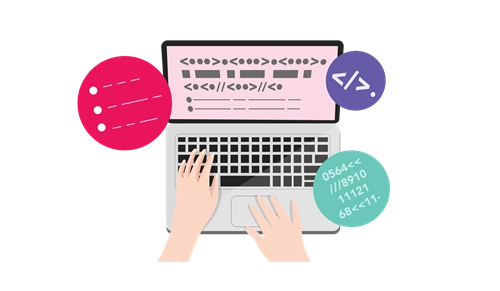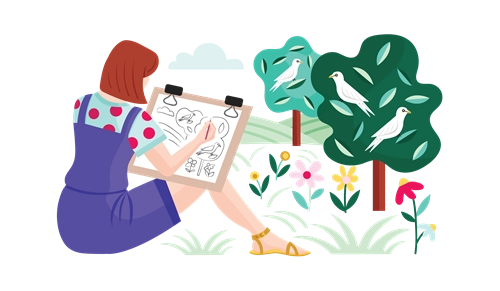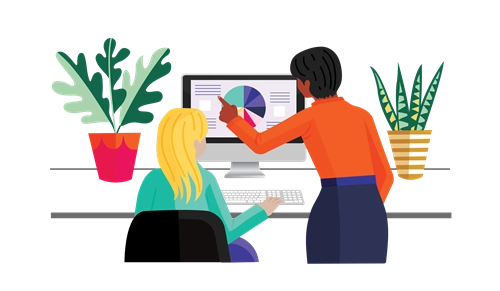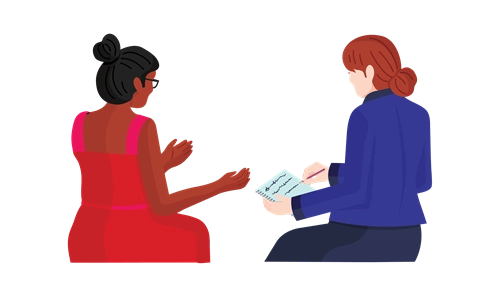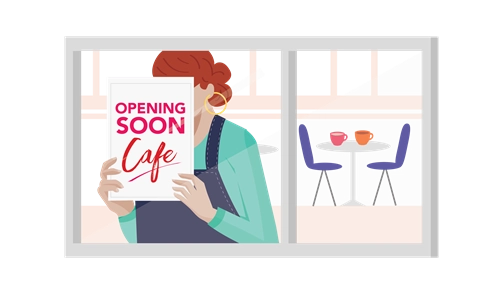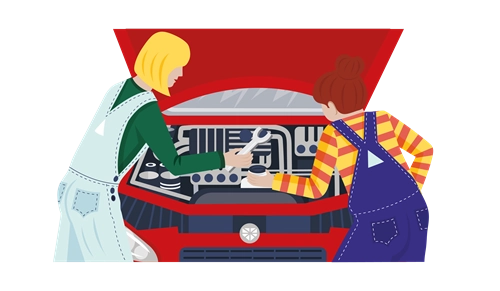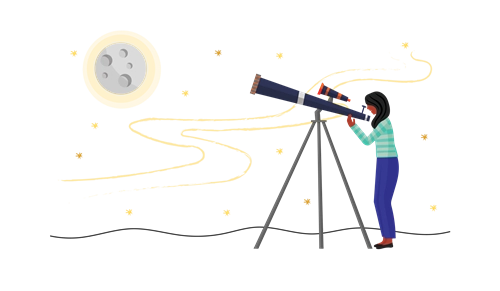Dr Rashina Hoda
The GiST chats to Dr Rashina Hoda about unusual choices, the value of a strong support system and her ambitions to amplify her contributions to the international software research community.
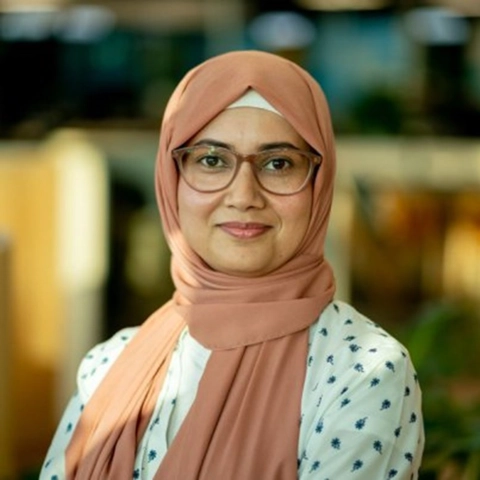
Dr Rashina Hoda
Associate Professor in Software Engineering
"Looking back, I can now see that a lot of my choices were, in many ways, unusual. For example, I was the first in my family to be interested in studying computer science. I was also the first to want to pursue my bachelors abroad. In high school, I decided to take the ‘path less travelled’."
What is your educational background?
At school, I absolutely loved Physics, really liked Biology, but just didn’t connect with Chemistry! I also loved English literature and Arts. I got introduced to computer programming or coding in the 8th grade. Its logical flow, abstract thinking, and creative platform led me to major in Computer Science in my Bachelors Hons, followed by a PhD later in my life after some industry experience as a Software Developer.
Tell us about your job and how you got to where you are?
Who and where I am today goes back to two things: the support system around me and my determination.
Looking back, I can now see that a lot of my choices were, in many ways, unusual.
For example, I was the first in my family to be interested in studying computer science. I was also the first to want to pursue my bachelors abroad. In high school, I decided to take the ‘path less travelled’, where my peers were preparing for competitive entrance tests to prestigious Indian Engineering universities, a friend of mine and I prepared for the Scholastic Aptitude Tests (SAT) to study in the USA.
As a girl growing up in India back then, these were undoubtedly unconventional steps. Except, my strong support system – my family and my faith in God – meant I was blissfully unaware of any barriers, whether real or perceived and just kept on going. After completing a Bachelors in Computer Science (Honours) from Louisiana State University, USA, I gained some hands-on experience in industrial software development. This was followed by a PhD in Computer Science from Victoria University of Wellington, New Zealand.
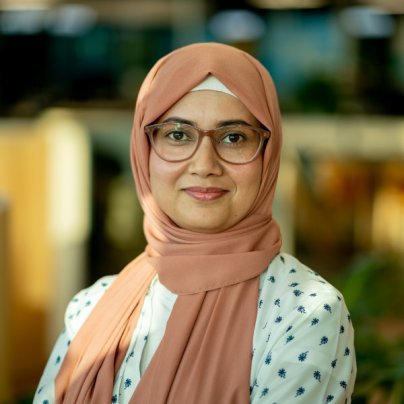
In 2011, I started my first academic job as a Lecturer and later Senior Lecturer, at the University of Auckland, New Zealand. In 2019, I joined Monash University as an Associate Professor in Software Engineering, where I research the people and process of Software Engineering and help design human-centred and ethical software.
What are your hobbies and interests outside of work?
Growing up, I loved reading Jane Austen, P.G. Woodhouse, Shakespeare, Sherlock Holmes and Nancy Drew books, and science fiction stories. I also loved writing short stories and poems and sketching, which remain my hobbies for life and a great source of stress busting! I am exploring Spoken Word poetry and Visual Notetaking these days.
What are your long-term career goals? Where do you want to be in 5 years?
I want to grow my sphere of influence in research, education, and leadership to positively impact how software is designed to serve humanity. I see myself doing this through a career pathway to becoming a Professor of Software Engineering by continuing high-quality research work and taking on leadership opportunities at the university while amplifying my service contributions to the international software research community. I would also like to learn new skills and explore new and emerging technologies and platforms to achieve these goals in productive and fun ways.
What advice do you have for girls interested in STEM?
Technology permeates all aspects of our personal and professional lives. For example, can you imagine how we could ever get through these COVID years without technology?
Now, whether you choose to become a doctor, artist, engineer, lawyer, scientist, educator, psychologist or a professional YouTuber, technology is likely to be a significant part of your everyday professional life. Give tech a try!
Even if you don’t specialise in it, exposure to tech will make you better at whatever you eventually decide to do. All the best!
